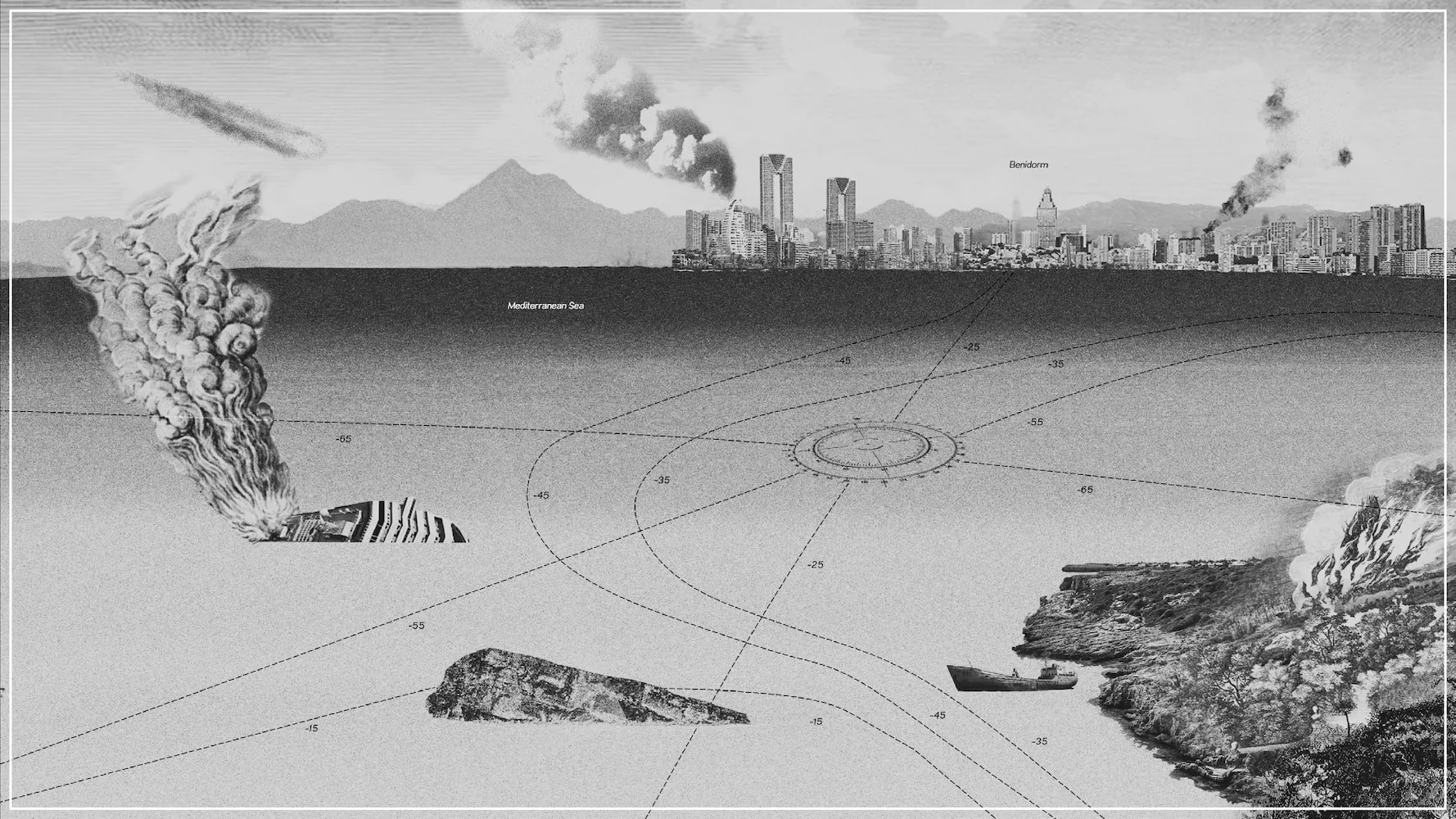In the midst of the Covid-19 pandemics, Post-Inertia was a summer school exploring the role of speculative practices in a moment of high uncertainty and potential sociotechnical re-stabilisation. Covid-19 seemed to interrupt the ‘long-now’ inertia, opening a portal to potential worlds-to-come. Its consequences altered a series of productive, relational and economic patterns. In doing so, the social understanding of the future glitched—leaving us to rebuild it, embroiled in uncertainty.
Post-Inertia was both a summer school and an experimental space for critical inquiry. It aimed to explore how speculative design could respond to the shifting dynamics of the present. The programme unfolded on two simultaneous levels: a general one focused on speculative thinking and practices, and a more particular one, where this knowledge was applied, in smaller groups, to specific areas of transformation.
Students were split into working groups, each led by a different collective: Ecological Transition — Holon // Technological Democratisation — Tecnopolítica and Decidim // (Bio)Practices — Biofriction // Care & Affect — Pirate Care
The summer school spanned three weeks and included a series of seminars and talks, featuring contributions from philosopher of technology Benjamin Bratton; sociologist of design Laura Forlano and biologist and philosopher Andreas Weber.
